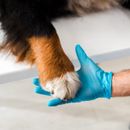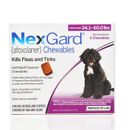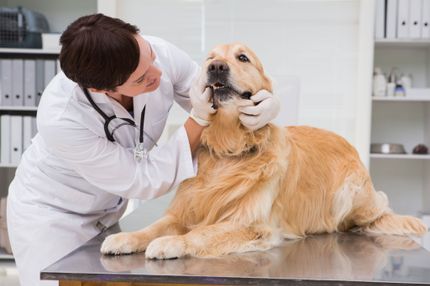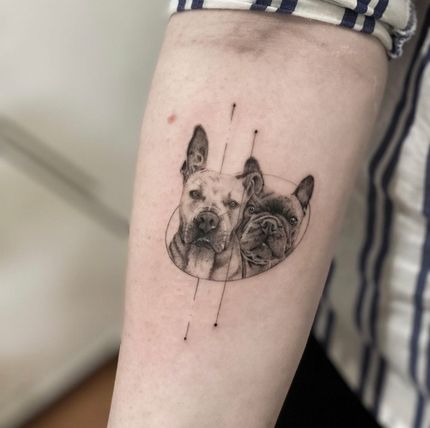Melosus is a prescription veterinary medicine from the group of non-steroidal anti-inflammatory drugs that contains the active ingredient meloxicam and is used to relieve pain and inflammation in dogs with musculoskeletal disorders. It is administered in the form of an oral suspension and may have side effects, so accurate dosing and veterinary advice are required.
What is Melosus and when is it used in dogs?
Melosus, a prescription veterinary drug, belongs to the group of non-steroidal anti-inflammatory drugs. With the active ingredient meloxicam, it is used to help dogs relieve pain and inflammation caused by chronic or acute musculoskeletal conditions. This medication is available as a suspension only.
Mode of action of Melosus in dogs
Thanks to Meloxicam, the production of pro-inflammatory tissue hormones is reduced. This leads to anti-inflammatory, analgesic, antipyretic effects and minimizes fluid excretion from blood vessels during inflammation.
Dosage instructions for Melosus in dogs
- Melosus is given orally as a suspension.
- Usually, the doctor starts with an initial treatment dose of 0.2 mg meloxicam/kg body weight.
- The daily maintenance dose after 24 hours is 0.1 mg meloxicam/kg body weight.
- Thanks to the scale on the dosing syringe, the dosage can be accurately determined according to body weight.
- The doctor may recommend Melosus for easy administration with food.
- Shake well before use. Syringe should be cleaned after each administration and used exclusively for this medication.
How often and for how long is Melosus safe for dogs?
Once a day, at 24-hour intervals, Melosus is administered. Improvement should be seen within 3-4 days. If no improvement is seen, treatment should be stopped after 10 days at the latest. Long-term use should only be done after consultation with the veterinarian .
Which diseases are treated with Melosus?
Acute and chronic diseases of the musculoskeletal system in dogs, such as:
- Joint diseases
- Patellar luxation
- Herniated disc
- OCD (osteochondrosis dissecans)
- Osteoarthritis
Possible side effects of Melosus
Most side effects occur within the first week of treatment:
- Lack of appetite
- Vomiting
- Diarrhea
In rare cases, more severe side effects may occur, such as fecal occult blood, apathy, and renal failure. In case of unexpected reactions, an immediate visit to the veterinarian is recommended.
When should Melosus be avoided?
Administration of Melosus should be avoided in pregnant or lactating bitches, puppies less than 6 weeks of age, or dogs with certain medical conditions, including gastrointestinal disorders and cardiac, hepatic, or renal dysfunction.
How to obtain Melosus
A prescription is required to purchase Melosus. It can be obtained from veterinary offices or pharmacies.
Alternative possibilities

There are several alternatives to Melosus (meloxicam) for dogs, which are classified as nonsteroidal anti-inflammatory drugs (NSAIDs) and are used to treat pain and inflammation. Here are some commonly used alternatives:
- Carprofen (e.g., Rimadyl, Novox, Quellin): one of the most commonly prescribed NSAIDs for dogs. It is often given after surgery or to treat arthritis pain.
- Firocoxib (e.g., Previcox): A selective COX-2 inhibitor specifically designed to treat pain and inflammation in dogs.
- Deracoxib (e.g., Deramaxx): Another selective COX-2 inhibitor for dogs that is commonly used for postoperative pain and osteoarthritis.
- Piroxicam: Less commonly used but may be effective in some chronic conditions such as certain cancers.
- Etodolac (e.g., Etogesic): Used to treat pain and inflammation, especially osteoarthritis, in dogs.
It is important to emphasize that although these medications may have similar functions, their dosages, side effects, and interactions with other medications may vary. Therefore, veterinary advice should always be sought before administering an NSAID to a dog.
Important Note.
It is important to emphasize that this article is for educational purposes only and is not a substitute for medical advice. We are not physicians or veterinarians. Any decision regarding the health and treatment of the pet should be made in consultation with a qualified veterinarian. If you have any questions or concerns regarding the health of the pet, please consult a veterinarian.















